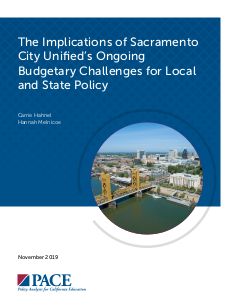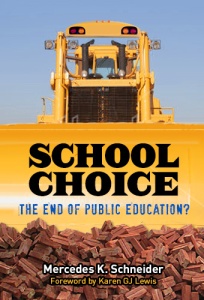The problem with K.J.’s comeback
Sacramento didn’t author Kevin Johnson’s political downfall. Will the city support the accused molester’s makeover as a celebrity restaurant owner?
Dear Sacramento,
Did you forgive or forget? Or did you never believe the girls at all?
It’s a late Friday morning inside Fixins Soul Kitchen, and Oak Park’s buzziest new restaurant is steady with early lunch traffic. Scan the crowd: Natty 20-somethings quaff pre-noon beers at the bar because they can; a tentative book club pokes in and settles on the patio; posses of friends and coworkers scarf down waffle stacks, brittle bacon, scrambled egg piles and deep-brined chicken slabs.
The 11 a.m. indicators are that Fixins is a hit—and a solid addition to the neighborhood’s fitful renaissance or sharp-elbowed gentrification, depending on whom you ask.
As for the man who owns this spot, this building, this block—his famous face hasn’t been this visible in a long while:
Kevin Johnson.
You remember K.J., Sacramento. He slunk out of office and out of the spotlight three years ago, amid resurgent allegations that he molested girls. You already knew these stories when you elected the former NBA great to be your mayor—twice. Johnson’s questionable behavior around young women became such an open secret that City Hall publicly reminded its elected officials to stop giving unsolicited hugs in 2013.
And yet Sacramento remained K.J.’s city, seemingly turning a blind eye to Johnson’s underage accusers so that it could bask in the shadow of its celebrity mayor. Until the national media told the rest of the country what you already knew, and a national audience recoiled.
But now he’s back.
For the first time since he dribbled out the clock on his political career, the retired professional athlete, one-time education reformer and ex-politician is fashioning his fourth reinvention—as the head of a budding restaurant empire. Johnson already has ownership stakes in three dining locations and says he plans to expand that portfolio beyond his native Oak Park.
Yet his latest chapter coincides with growing alarm about pervasive sexual harassment within the restaurant industry, where CONTINUE READING: The problem with K.J.’s comeback • SN&R Extra




























